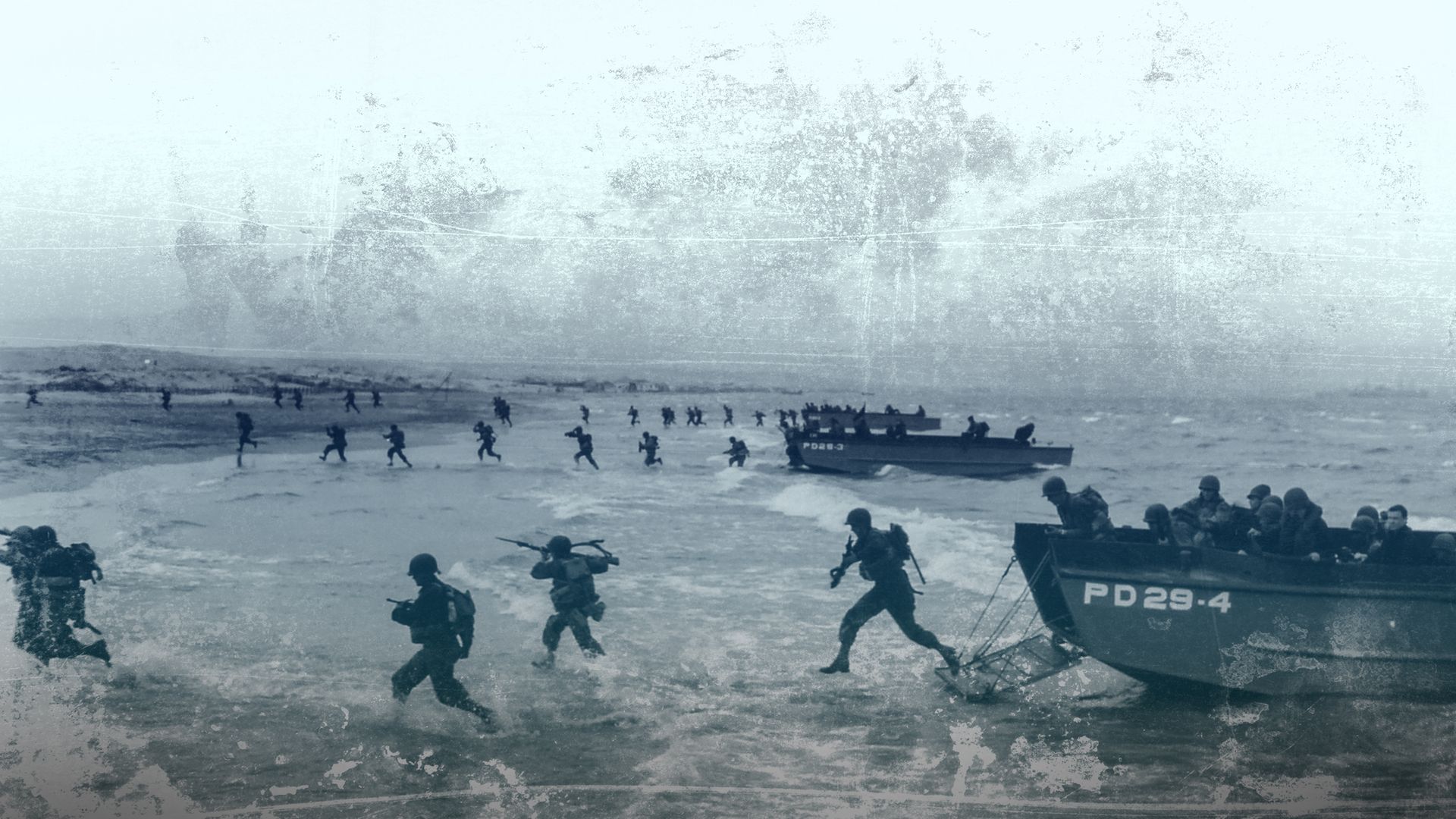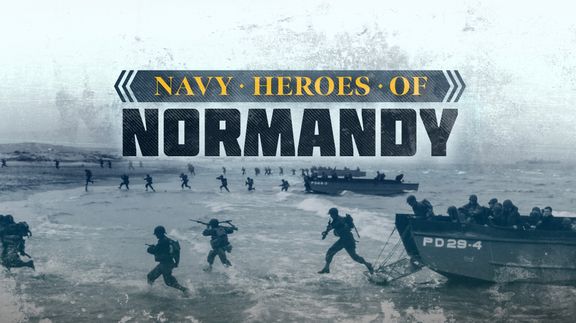

Navy Heroes of Normandy
On June 6, 1944, more than 52,000 American sailors on board thousands of U.S. Navy ships arrived off a quiet stretch of coast in Normandy, France, beginning the largest amphibious landing assault of World War II. Their mission, Operation Neptune-Overlord, proved critical to the success of the Allied invasion of Western Europe.
On June 6, 1944, more than 52,000 American sailors on board thousands of U.S. Navy ships arrived off a quiet stretch of coast in Normandy, France, beginning the largest amphibious landing assault of World War II. Their mission, Operation Neptune-Overlord, proved critical to the success of the Allied invasion of Western Europe.
Related Articles
View AllCanada’s D-Days: What Happened After June 6, 1944?
The landing of Canadian troops on Juno Beach went smoothly, with virtually no resistance. But their advance on the German stronghold at Caen tested their mettle and proved their…
From German Jets to Double Agents: 5 Ways D-Day Could Have Been a Disaster for the Allies
D-Day was a pivotal moment in world history – but it almost didn’t succeed. From sudden changes in the weather, to crucial lessons from a deadly rehearsal in England, here’s how…
Bravery from Above: The Paratroopers of D-Day
Paratroopers played a critical role in the eventual success of the 3-month-long battle that began on June 6, 1944 – marked in history as D-Day – 75 years ago. But who were they?…
Landing Craft, Mulberries, and Ruperts: How Equipment and Deception Shaped D-Day
D-Day, June 6, 1944, was the culmination of intensive planning and the use of new inventions for the war. From dummy paratroopers to an entire floating harbor, these advances in…
Time to Fly: Female Aviators and WASP Were 'Hidden Figures' of World War II
Everyone knows about Amelia Earhart, but can you name another notable female pilot? Some of the great pioneers of aviation were women, and the story of a group of women who were…
The Psychology of Propaganda: War Tool Turned Marketing Tactic
“Propaganda” and “war” generally go hand in hand. After World War I, however, propaganda became a marketing tool no longer reserved for posters of the enemy and national spirit.…